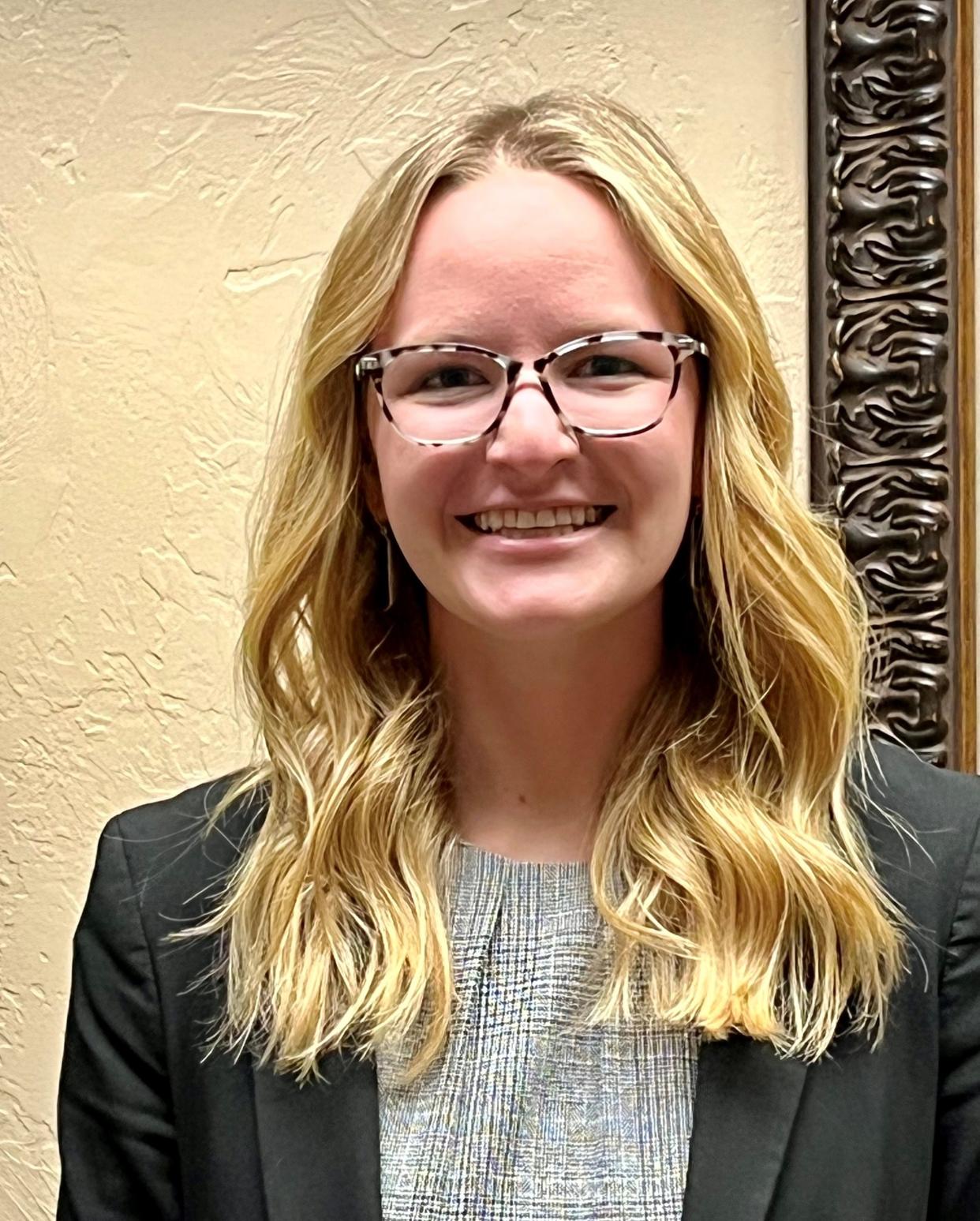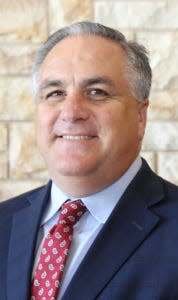The jump from political staffer to lobbyist isn't a far one, at least in Oklahoma

Taylor Broyles was a redistricting assistant for the state Senate until this month when she took a job with CMA Strategies, a Republican consulting firm that had submitted maps to be considered for new state and federal districts.
She wasn’t the only Senate staffer to join the ranks of paid lobbyists. Keith Beall, the Senate’s director of redistricting, ended his work on Dec. 1 and registered Dec. 2 as a lobbyist for the Petroleum Alliance of Oklahoma.

It is not uncommon for elected officials to become paid lobbyists once they leave office and there is no state law that prevents it. But there is also no ban on former state employees from becoming lobbyists, which is another pathway for public officials to take their knowledge to the private sector.
Read more about Beall: Senate redistricting director hired as oil lobbyist
Oklahoma is one of seven states with no type of ban on lawmakers or public officials from entering the lobbying profession for a certain amount of time, according to a list compiled by the National Conference of State Legislatures.
"Most states have something in place," said Ashley Kemp, executive director of the state Ethics Commission.
For example, Colorado and Iowa have two-year bans, while Vermont and Illinois have one-year prohibitions. Some states put a cap on how much money a person may make as a lobbyist within a certain period of time.
Most state laws target former elected officials, but many also include state government employees of a certain rank.
The idea is to prevent current state officials from making decisions that benefit a future employer or for trading political favors for a job.
Pat McFerron, president of CMA Strategies, said Taylor's work in the Senate did not influence his decision to hire her.
“I never spoke with her about redistricting at all,” McFerron said.
From the governor's office: Stitt pays lobbyist for advice on federal COVID funds
McFerron said he submitted maps because he was interested in the process but pointed out that not all his suggestions were taken into account.
Before working for the Senate, Broyles was a volunteer coordinator for U.S. Rep. Stephanie Bice. Many saw Bice as the biggest benefactor of the new district maps as the 5th congressional district became a larger Republican stronghold after some parts of the city’s core were carved out.
Broyles did not respond to a request for comment.

Balance of power
The state Ethics Commission voted twice in recent years to establish “cooling off” laws that would ban public officials from moving straight into a lobbying job. But each time those rules were voted down by the state Legislature.
Kemp, the commission's executive director, said there is only one small restriction on former lawmakers in Oklahoma.
“There is a (state) constitutional prohibition that applies to legislators, they have a two-year period where they can’t have a (financial) interest in contracts with the state,” Kemp said.
In addition to a lack of “cooling off” laws, some see the state’s 12-year limit on serving as a legislator as another boost to the lobbying community.
“Because members only have 12 years, I think in the legislative process the bill lists tend to be lobbyist driven,” said Sarah Graham Taylor, who was chief to the Senate Democratic caucus from 2013 to 2018.
“That's not to say that is necessarily a terrible thing. Not everything that a lobbyist brings you is nefarious, it just sort of changes the balance of power and influence.”
Steak dinners to sack lunches: Lobbyists pay over $600,000 to feed lawmakers, public officials in 2019
Critics of term limits say it gives lobbyists the advantage in institutional knowledge as a constant rotation of new lawmakers looks to lobbyists for guidance.
Taylor said she witnessed lawmakers also making early decisions about what their post-legislative career might look like, knowing there were term limits. Some viewed lobbying as a natural next step, which could influence how receptive they were to the ideas of some lobbying firms.
“That’s part of the career ladder in the Legislature, asking yourself what’s next?” Taylor said.
This story is provided in part through a grant by the Kirkpatrick Foundation. To support work like this, please consider purchasing a digital subscription today at https://cm.oklahoman.com/specialoffer/.
This article originally appeared on Oklahoman: OK elected officials face no legal restrictions in becoming lobbyists
